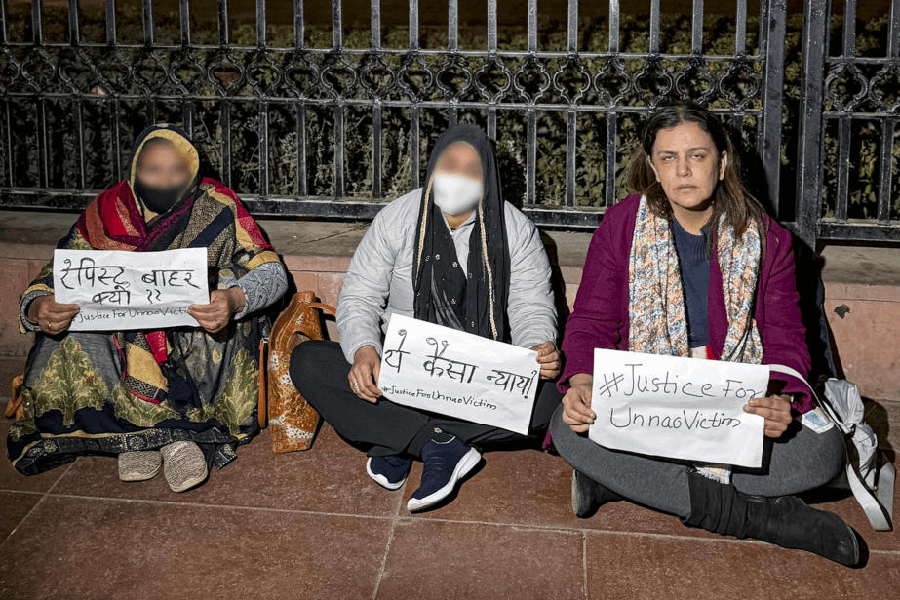Book: STRESS TO ZEST: STORIES AND LESSONS FOR PERSONAL TRANSFORMATION
Author: Aritra Sarkar
Published by: Penguin Enterprise
Price: Rs 399
Life’s adversities can be alienating. When bad things happen, people often feel isolated and singled out by fate. At such times, the knowledge and the assurance that we are not alone in our misery might be among the foremost mantras of fortitude. This gentle reassurance is what Aritra Sarkar tries to provide in this unique book.
Stress to Zest has a remarkable technique that is unlike self-help books which frequently take a preachy approach to alleviating stress or offer formulaic advice on battling anxiety — both strategies can be counterproductive, adding to the sense of failure and stress of an already embattled reader. Sarkar chooses instead to tell stories — both imagined and those from his own life — of those who have had to battle the stressors in the rat race called life. These are not stories of stupendous success, nor do they revolve around rich and famous people who would seem far removed from the reader’s everyday life. The tales that Sarkar tells are about ordinary people, from different walks of life and from all across the globe, who persevere in the face of seemingly great odds and emerge with the realisation that no goal or achievement is as precious as a life well lived. There is a moral hidden in every tale, but it is not delivered as a punchline at the end. Rather, the awareness dawns on the reader evocatively. The author’s narrative style is cinematic in the way the scenes are set and peppered with flashbacks.
Each story is punctuated by Sarkar’s own experiences — he is remarkably candid and matter-of-fact about his own struggles. This honesty would help readers identify with him. Strikingly, he apportions no blame; instead, he rightly reflects on how even those who cause us stress are afflicted by anxiety and self-doubt which lead them to behave in a certain way.










